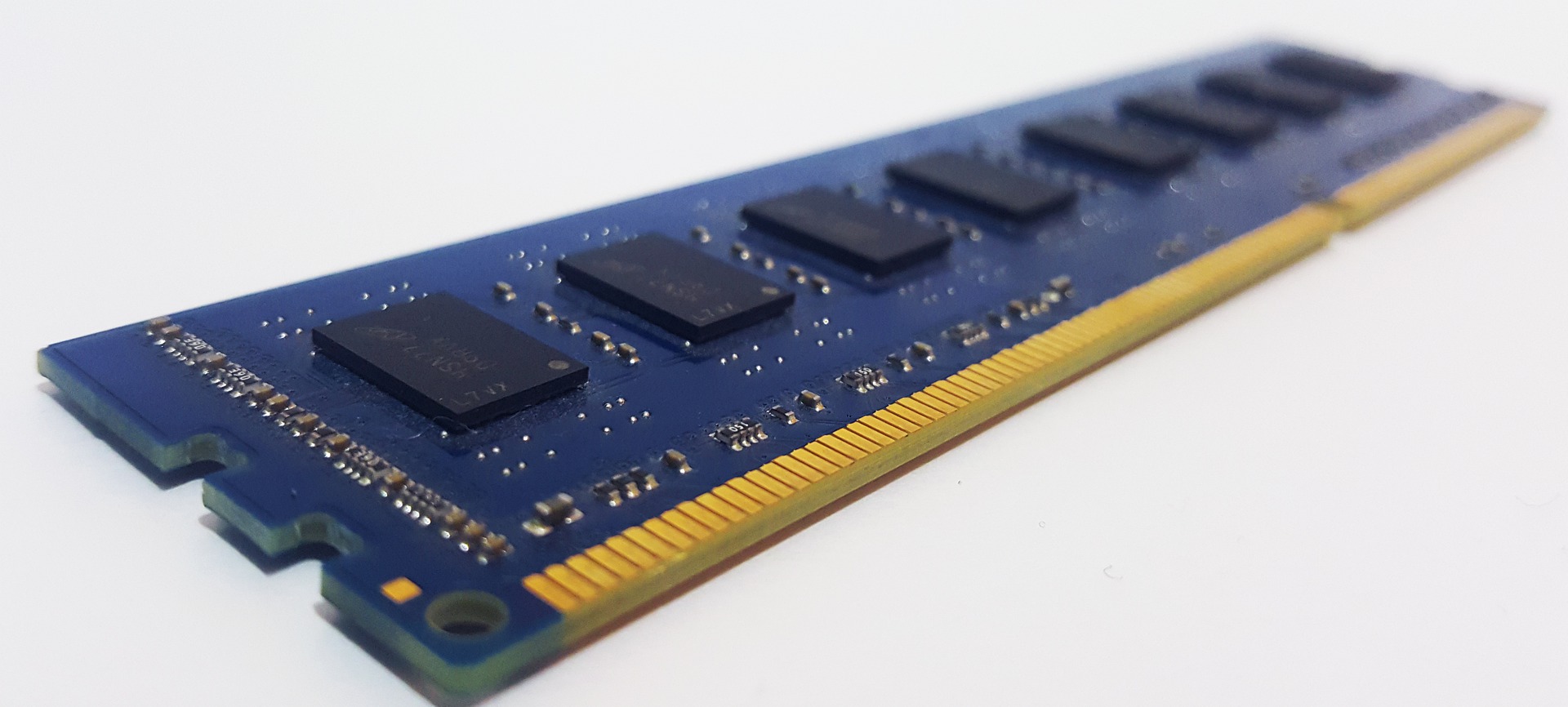Everything About Random Access Memory

Random access memory (RAM) is the storage system that gives computers virtual space. It can be compared to a stack of scratch paper: you can erase the unwanted stuff when you run out of scratch paper.
Random access memory (RAM) is the storage system that gives computers virtual space. It can be compared to a stack of scratch paper: you can erase the unwanted stuff when you run out of scratch paper.
Random access memory (RAM) is the storage system that gives computers virtual space. It can be compared to a stack of scratch paper: you can erase the unwanted stuff when you run out of scratch paper.
Older SDR RAM is now obsolete, and almost all RAM is of the DDR generation. To understand the differences between the two, let's start with the difference between synchronous and asynchronous RAM.
Non-volatile systems store data in a hard drive or a folder. These don't lose any data even if the power is turned off.
In contrast, volatile memory, which is always connected to the power source, leaks power because of the imperfections of the insulation. The slowness of SRAM results from the leaky nature of capacitors, while DRAM doesn't have this problem. This makes DRAM a better choice when you need to keep your computer running.
DDR memory comes in different ranks. One GB server memory module is divided into dual and single-sided RAM. The two-sided x8 RAM chips are used in desktops and notebooks, although DDR x8 is starting to make its way into the server market.
However, they are more expensive. If you're interested in purchasing some DDR3 ram, or DDR4 ram for your computer, check out the differences between SIMM and DIMM.
RDIMMs are also known as "buffered" memory. These types of memory include onboard memory registers, which place them between the memory controller. These memory registers buffer commands, addressing and clock cycles.
The result is a more comprehensive instruction but less strain on the CPU's memory controller. This also prevents your computer from overheating during the reading process. The onboard memory controller will be less likely to run into problems if you use a DRAM.
Everyday use of DRAMs is as radiation detectors. In addition to their other uses, DRAMs can help scientists detect charged particles in a lab.
They're a good choice for radiation detection and could even be used in neutron-sensitive devices. In addition to their many advantages, DRAMs are highly cost-efficient and may be the ideal counter for detecting charged particles.
If you're looking to buy some DRAMs, ensure you understand this technology's advantages and disadvantages.
While DDR is a popular memory type, DDR has the potential to make your computer faster. Each new generation of DDR memory doubles the amount of data sent during two periods: the peak and the lower part of the system clock pulse.
It is easy to see how a single DDR can increase the speed of your computer. It also reduces the power consumption of your computer. That makes it the perfect choice for future-proofing. The form factor of RAM differs.
To work correctly, you must know the exact form factor of the RAM. Some RAMs are better than others and can be inserted in a DIMM slot. You can use a Crucial Advisor or a System Scanner if you don't know what type you need.
The Crucial Advisor is a trademark of Micron Technology, Inc. Micron does not accept any liability for typographical errors.
RAM is used in computers for a variety of reasons. It is the primary storage in a computer and is faster than other types of storage media. It allows applications to be loaded and unloaded without waiting for them to be packed.
The speed of a computer system is directly related to the amount of RAM it has. If the system has more RAM, it will run faster. You can store a lot of data with RAM. Just make sure to keep it well-organized.
I hope you have enjoyed the content. If you want to know more about computer accessories and electronics just go to our blog section. If you're interested try to read our latest content on “refurbished vs new phone".
No posts found
Write a review© 2004 - 2025 Tech Source Canada. Prices and availability are subject to change without notice. Tech Source Canada is not responsible for typographical errors or omissions. Product images are for presentation only, they may not be exactly as show. Price listed may be an online only price. All trademarks & logos are properties of their respective owners. SEO by Dazai Digital. Website hosted by Mister Webber.
